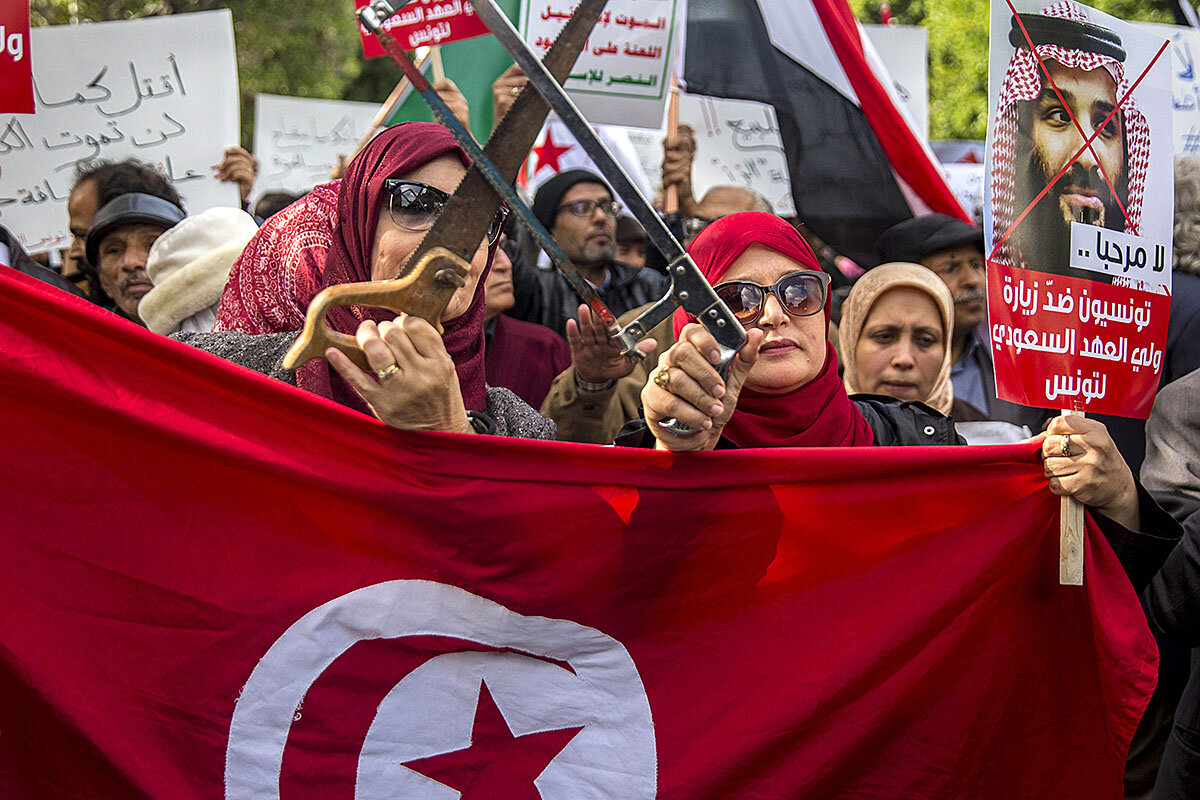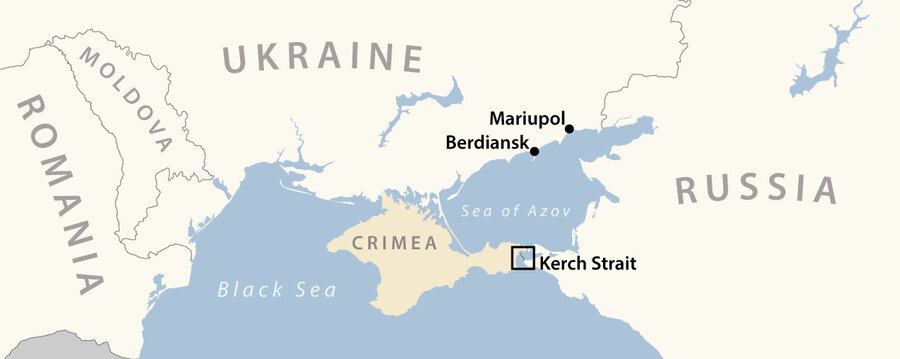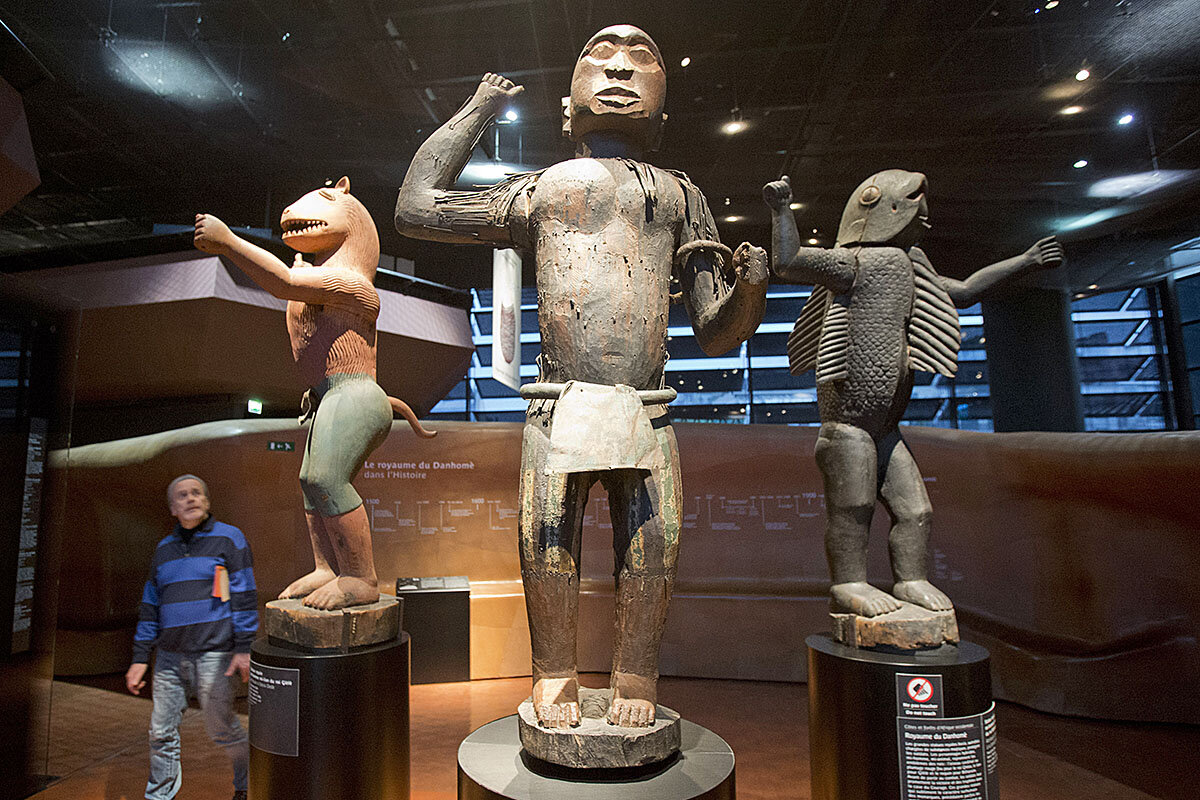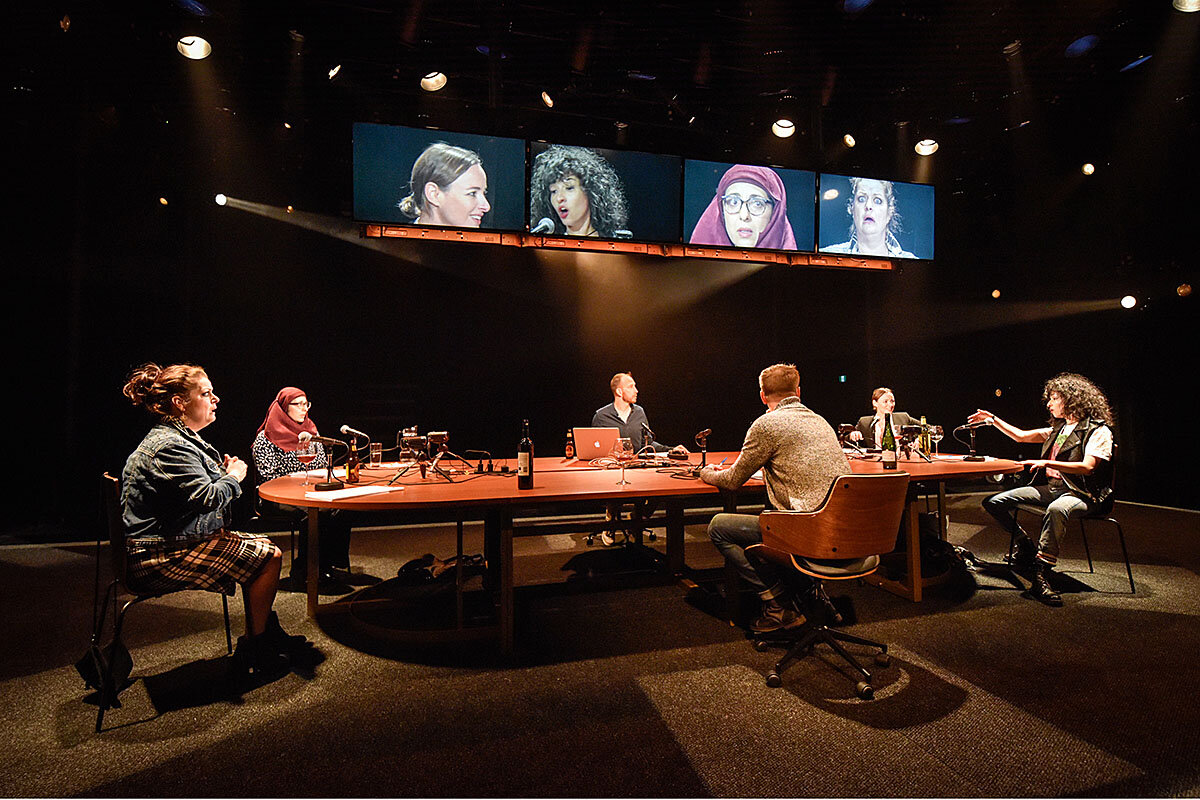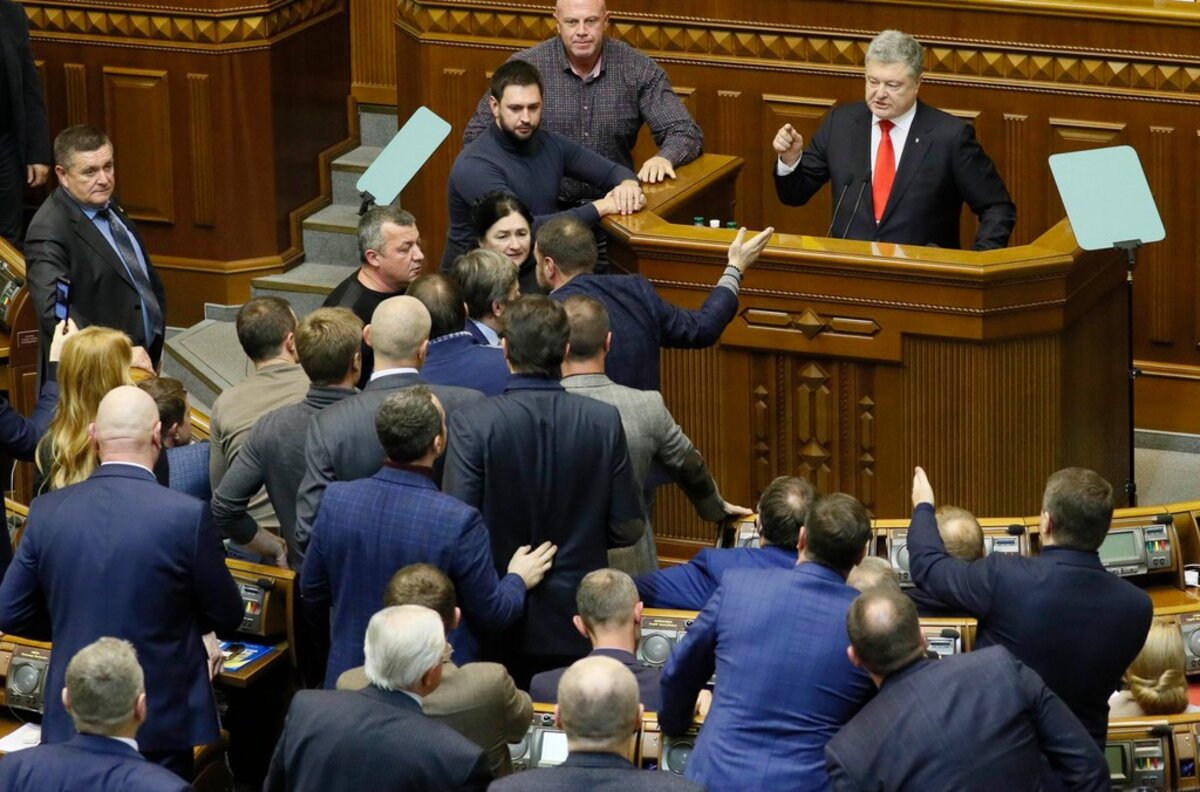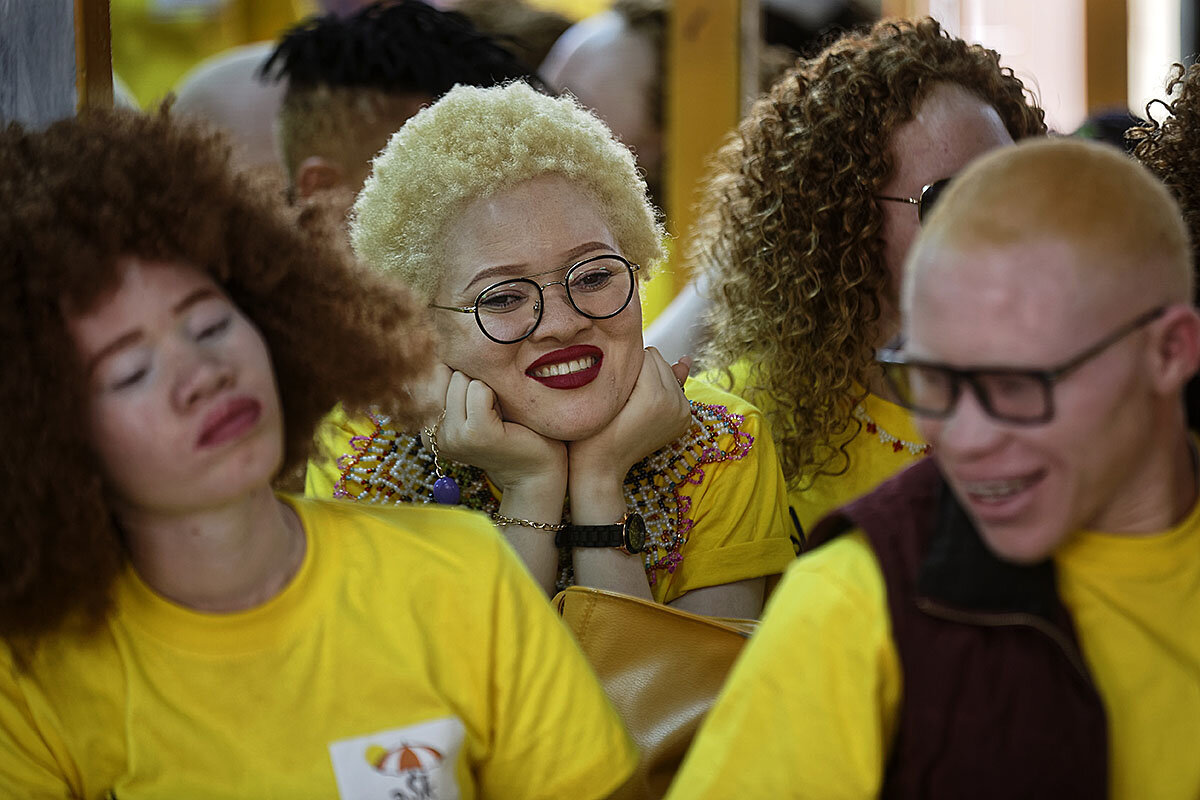According to the old playbook, American support was crucial to the royal family of Saudi Arabia. But the crown prince, now embroiled in an international murder scandal, is trying to rewrite the playbook.
Monitor Daily Podcast
- Follow us:
- Apple Podcasts
- Spotify
- RSS Feed
- Download
 Mark Sappenfield
Mark Sappenfield
In tripping across the internet, I recently came across Sabine Hossenfelder, a physicist who seems to have something fascinating to say pretty much any time she puts pen to paper.
I was first intrigued when she essentially asked why there aren’t any Albert Einsteins or Max Plancks today. In other words, after the advances of general relativity and quantum mechanics, why is physics now spinning its wheels? (You can read her take here.)
Then I saw this: “How to Save the World in Five Simple Steps.” How could I not read that? Here’s an executive summary: Humans have thrived because they can think in more complex ways than any other creature on earth, Dr. Hossenfelder writes. But the societies we have built have become more complex and interconnected than most individuals have the time to deeply understand, so many just resort to making choices according to personal biases.
For an editor, that hit home. And Hossenfelder’s conclusions are bracing. Relying on humans to inform themselves and be rational actors in the current global environment is gross naivete, she suggests. Human beings simply aren’t wired to do that, she argues.
You can read about her solutions here, but for me, it was eye-opening. In a very real way, the task of today is overcoming how human beings have been conditioned to think.
Now on to our five stories today, which deal with the deeper story behind a Russia-Ukraine flare-up, the ethics of art collection, and how one Canadian theater is promoting tough conversations. We also have a bonus story for you today. Click here to read about how soccer hooliganism is forcing Argentina to think differently about security ahead of this weekend’s G20 summit.




